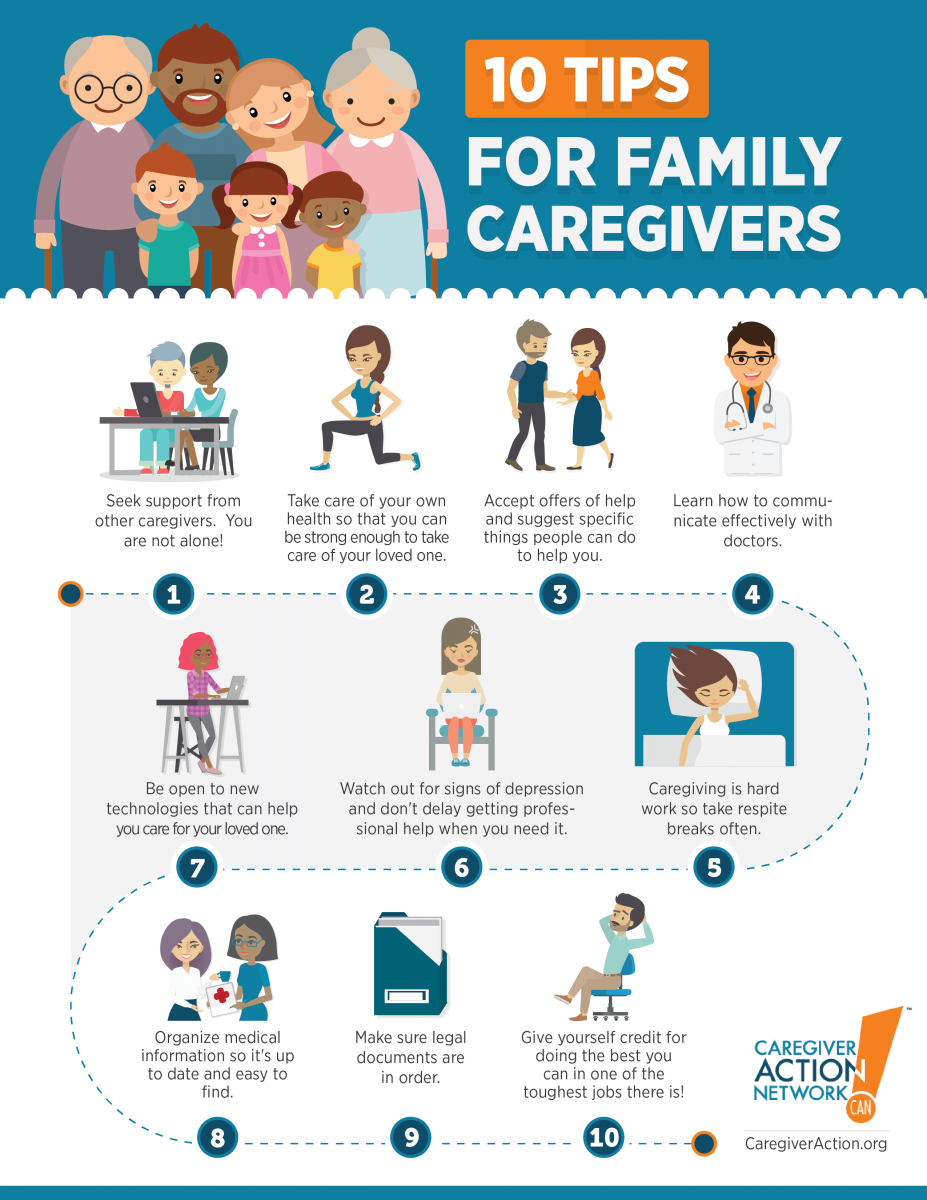Not all drunk or drugged driving victims die.
Many survive, only to struggle to adapt to their new life due to life-altering injuries.
And their family members, who serve as caregivers, often face a new life, which can include providing care for their loved one – sometimes for the rest of their lives.
That’s exactly what happened to Julie Torbert.
In May 2014, Julie’s son Philip was riding in his cousin’s truck when a repeat drunk driver hit them. Philip sustained a
serious Traumatic Brain Injury, or a TBI. The injury left him unable to swallow, walk or talk.
As one might expect, the first few days and weeks after the crash chaos reigned. During the past two years, Julie’s focus has centered on helping Philip recover.
Along the way, she’s struggled to balance his needs with her needs and those of her
family.
How did she cope?
Create a Support System
Immediately after the crash, everyone descended on Philip and Julie eager to help.

“A friend of Philip’s sent me a book, and one of the things I remembered it said was that people are going to want to help at the beginning. You have to let them,” Julie said.
Some people love to cook. Some people love to research. Some people love to network. Let people use their gifts to help you.
Write It Out
“I Really learned how to journal through this process,” Julie shares. “I’ve always bought journals before and after three or four days … I’d lose interest.”
Her house was full of people after the crash, and she couldn’t sleep because her mind was racing. So she’d go into a closet to read and write in her journal. The writing served as a great way to release all of the thoughts consuming space in her mind.
Now, she occasionally goes back and reads them and learns from what she wrote down.
Taking Care of Yourself
“For almost a year after the crash, I couldn’t sleep despite being exhausted,” said Julie. “Now I am sleeping again.”
Self-care is vital for both the caregiver and the person needing their assistance. When you are on an airplane, you probably remember the flight attendant telling you, “In the event that the plane loses pressure, put your oxygen mask on first before helping others.” Easy to say, hard to do.
But if a caregiver doesn’t take time to take care of themselves, they often can end up suffering from emotional, mental, and physical exhaustion that prevents them from assisting the very person they are trying to help.
“Keeping a regular schedule was key. My husband and I own a construction company, and together we have five children and two grandchildren. I have a schedule to spend quality time with Philip at least three days a week. The other days, although he’s always on my mind, I’m able to advocate for Philip, work at our business, and have some peace,” she explains.
Creating a New Life
Two years into Philip’s recovery, everything is starting to come into focus. He’s now in a facility much closer to her so she doesn’t have to travel as far to see him. This gives her more time to relax because she’s not fighting traffic. She started having date nights again with her husband, and they managed to go on their first vacation, albeit a short one.
“I have peace with knowing Philip is close. I don’t know if I’ll ever get to hear his voice again or if he’ll walk again. But I hope so,” she says.
That hope keeps her going.


